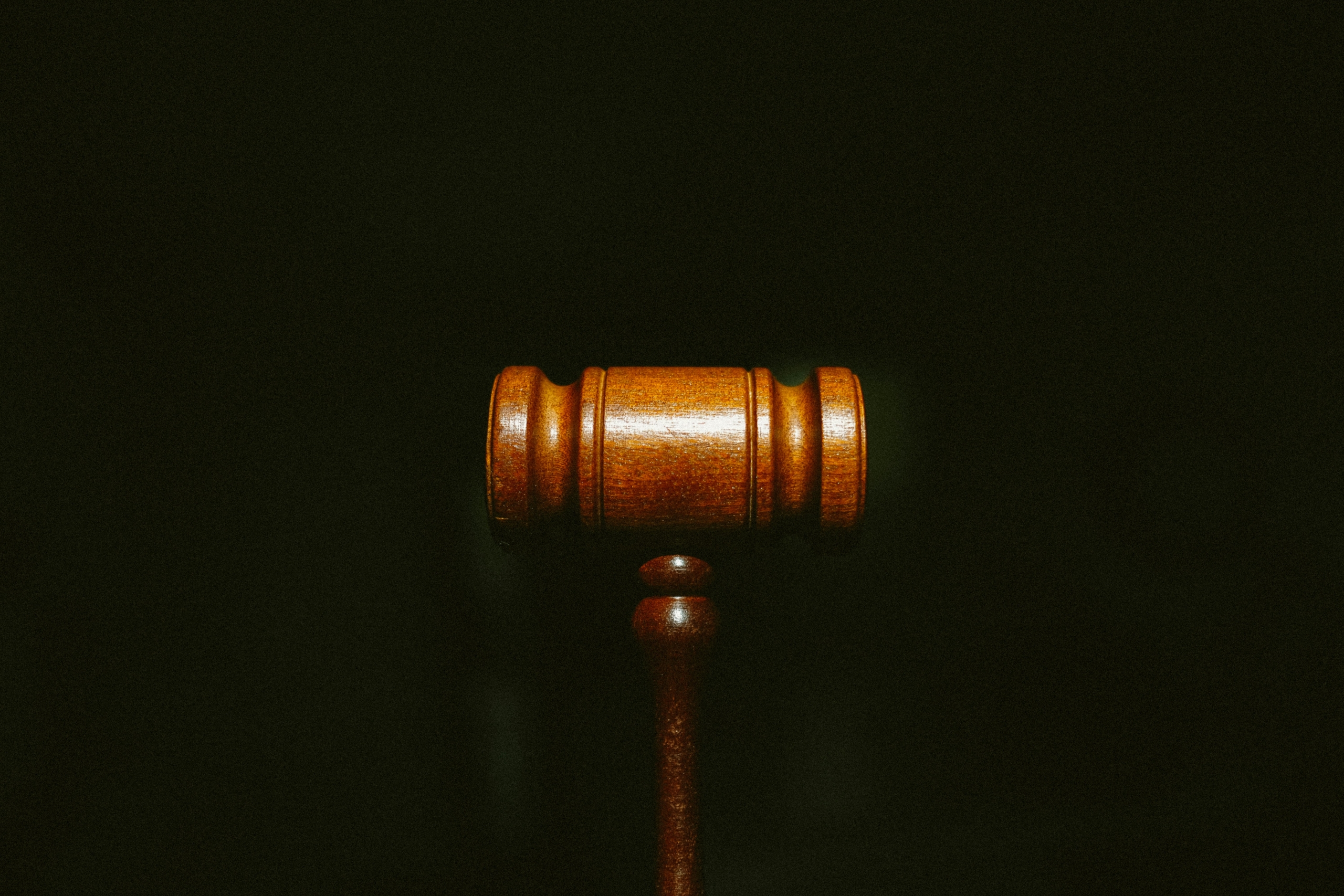Long-Term Insights Briefing, January 2025
Tirohanga Whānui | Overview
The New Zealand Council of Christian Social Services (NZCCSS) welcomes the opportunity to provide feedback on this Long-Term Insights Briefing into the future of Courts and Justice Services We support the kaupapa to assess the suitability of our current system for future use and encourage the promotion of restorative practices in our legal system.
Our main points are:
Item One – Our Justice system should be restorative not retributive.
Redefining justice away from punitive methods to restorative methods will help all involved. Restorative justice focuses on repair of harm to the victim, as opposed to a focus on punishment to the offender. Evidence from the within the Ministry of Justice itself shows that not only does a Restorative Justice approach reduce recidivism [1], but it is accompanied by a high level of victim satisfaction [2]. Collaborative and community-based approaches outlined in the discussion document, such as the solution-focused courts and navigator systems, will support this direction. Shifting the definition of ‘justice’ from ‘punishment’ to ‘restoration’ will also help to increase trust in and compliance with the Justice system. Offenders knowing that the outcome of the system will be focused on ensuring the most good for the victim as opposed to the most punishment for the offender will shift the perspectives, personalise victims to their offenders, and work to repair the diminished trust in the justice system that many of our communities currently hold.
Item Two – Changes must be made alongside those most impacted.
A system that ignores Te Ao Māori ignores the tangata whenua who are consistently overrepresented in the system. A restorative, collaborative approach that is guided by tikanga will honour not only Māori victims but will create an environment more likely to reduce recidivism from Māori offenders. Increasing the availability of solution-focused courts such as the Matariki Court will enable this to occur.
Item Three – Remote participation should be supported where possible, but not required
The capacity for safe remote participation should be tempered by an understanding of the digital divide. While we support the ability for remote participation, for example where victims do not wish to be in the same physical space as the offender, this must be balanced with the need for some individuals to appear in person due to an incompatibility with technology. This includes older people, and those who live in digital poverty. Additionally, any remote participation must meet acceptable guidelines for accessibility, including closed captioning, translation, or interpreting where possible.
Ngā Tohutoro | References
[1] Ministry of Justice (2011). Reoffending Analysis for Restorative Justice Cases: 2008 and 2009. https://www.thehub.sia.govt.nz/resources/reoffending-analysis-for-restorative-justice-cases-2008-and-2009/
[2] Ministry of Justice (2016). Restorative Justice Victim Satisfaction Survey. https://www.thehub.sia.govt.nz/resources/restorative-justice-victim-satisfaction-survey/
Ingoa whakapā | Contact Name
Rachel Mackay
